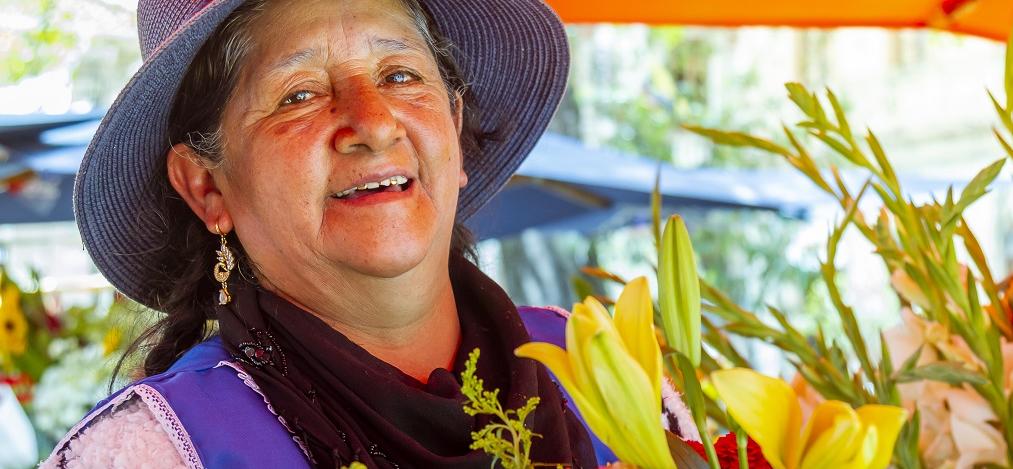Overview
Ecuador is one of the most culturally, ethnically, and socially diverse countries in Latin America. The last National Survey of Well-being and Aging in 2010 determined “cognitive impairment” based on limited cognitive assessment and identified that 44.1% of women living in rural areas have cognitive decline; regardless of educational level, sociodemographic, socioeconomic factors, and functionality
The overarching aim of this project is to contribute towards the improvement of the Ecuadorian National Survey of Well-being and Aging cognitive assessment battery by developing and testing a methodology that more precisely evaluates the neurocognitive health of older adults living in diverse Ecuadorian settings.
Project Details
This project will explore two specific aims:
- To characterize the neurocognitive health (cognitively healthy, subjective cognitive decline, mild neurocognitive disorder, major neurocognitive disorder) of a diverse sample of older adults (aged 65 years and older) living in the Andean region of Cotacachi, Ecuador, using validated brief tests of cognition and functional abilities.
- To describe participant exposures to key social and environmental determinants of brain health and explore how these exposures correlate with brain health outcomes (as determined through aim 1).
This is a descriptive, one-stage cross-sectional study. We will seek to enroll at least 80 older adults for this study. A guided interview of approximately 50 minutes that includes cognitive assessment, functionality assessment, and Social Determinants of Brain Health Questionnaire will be applied. The results will characterize neurocognitive health status in a representative sample of older adults from the Andean region of Cotacachi, Ecuador.
Given the significant weaknesses of the National Survey of Well-being and Aging due to not adjusted valuation for the diversity of Ecuadorian older adults, the overarching goal of this project is to develop a methodology that will enable a more accurate estimation of the neurocognitive health of older adults in Ecuador living in diverse settings and thereby improve on future National Surveys assessments.





